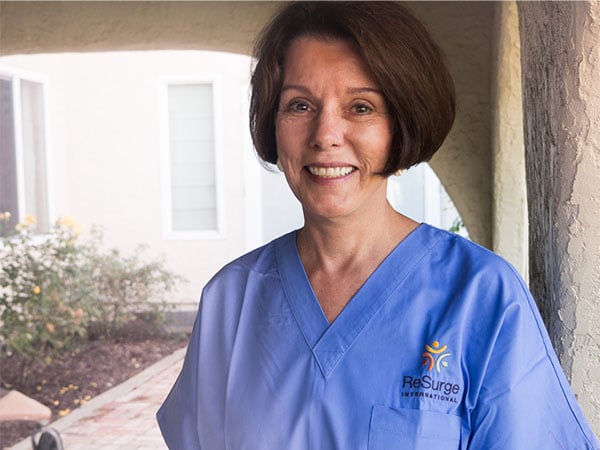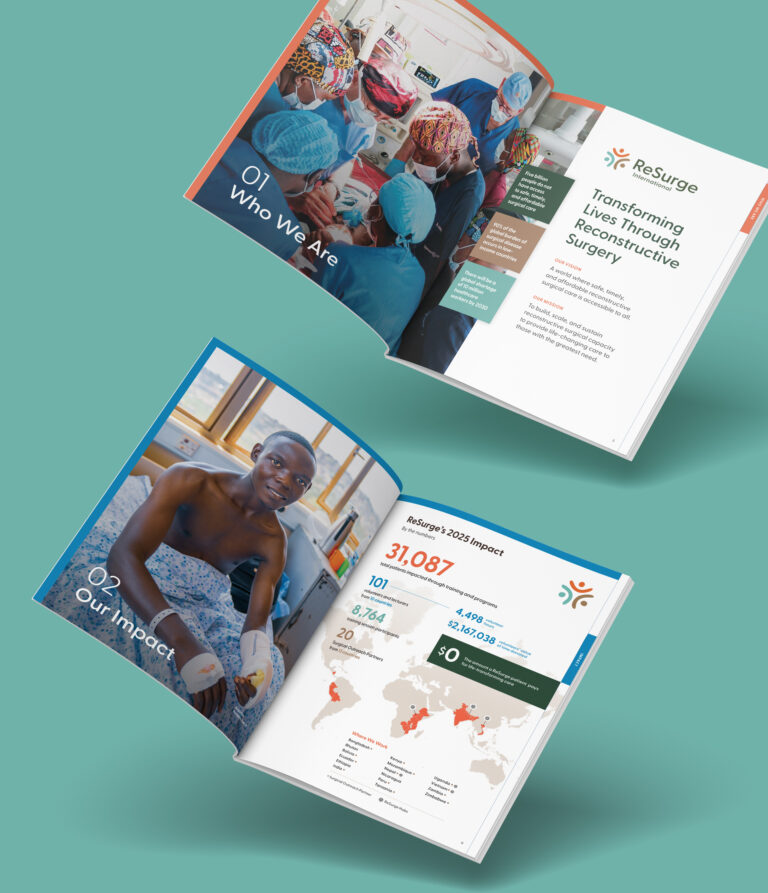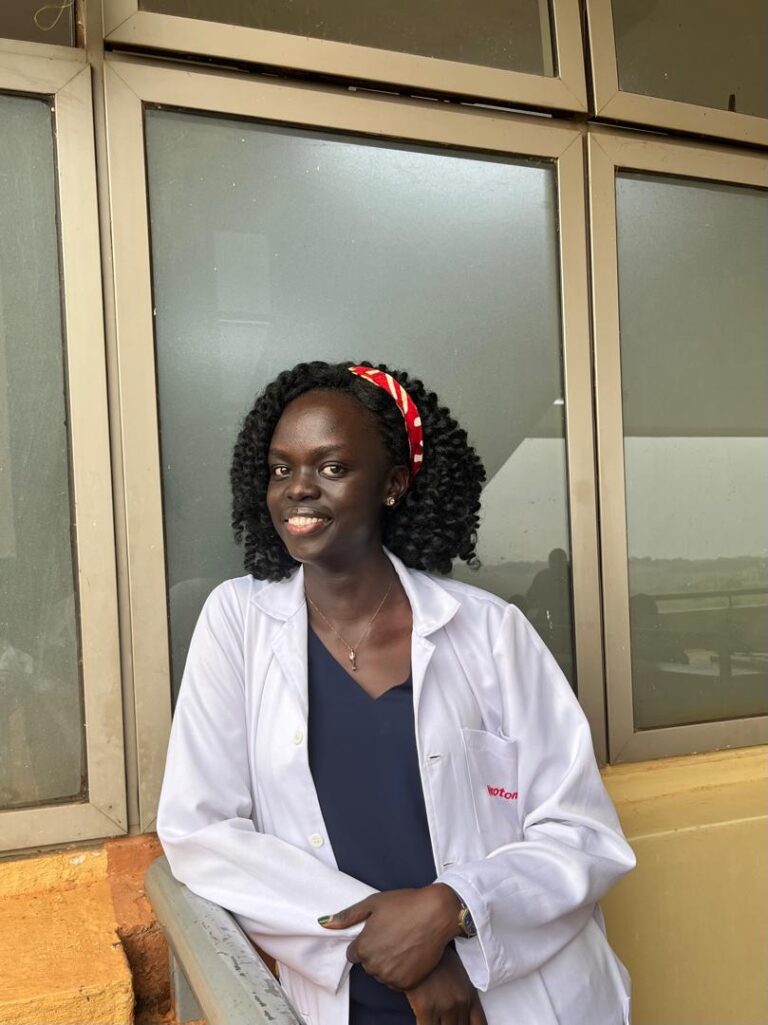ReSurge’s Visiting Educator trips to Bhutan are making an impact after just over a year working in the country. This week, a VE team is in Thimpu conducting training in hand surgery and hand therapy at Jigme Dorji Wangchuck National Referral Hospital. In January, a winter month when the use of wood-burning stoves spikes, the focus was on burn care.
We recently spoke to Katie Osborn, ReSurge nursing VE, about her Bhutan experiences over the past year.
On her first trip to Bhutan last June, Katie traveled to Thimpu to train nurses in burn and wound care. As she began her first lecture on burn care, she spoke about the importance of the initial skin assessment. The nursing staff responded enthusiastically and pulled her into the ward to show her patients at high risk for skin breakdown and get some tips on preventing it. They spent time at each patient’s bed, with Katie giving advice on how to improve the quality of care—turning patients hourly, positioning them with their heels off the mattress and other tips. According to Katie “I did rounds with the nurses on Monday. By Tuesday, they were able to proudly show me all the changes they had made to implement my suggestions. I was so surprised and impressed. This team really soaks up knowledge!”
Katie was even more impressed when she returned to Jigme Dorji Wangchuck Hospital in January 2018 with a team of visiting educators and found that the nursing staff had made the skin assessment a standard part of the patient’s chart! As Katie says, “Doing a daily skin assessment will go a long way to prevent skin breakdown, shorten patients’ hospital stays, and reduce pain.”
With this practice now part of the patient chart, Katie and ReSurge’s VE teams have improved the standard of wound care in this hospital.
The Need for Training in Medical Specialties
Katie found a talented and caring nursing staff hampered by resource shortages and a lack of specialty training. For example, while a burn unit in the US might have a nurse-to-patient ratio of one to one, in a developing country like Bhutan, it can be as low as one nurse for every 20 patients. The staff at Jigme Dorji Wangchuck Hospital has just one nurse who is trained in wound care.
Because of Bhutan’s small size (the country’s population is approximately 800,000), patient volume for any one specialty is low and there are consequently very few specialists in the country. At present, patients who require specialist treatment are stabilized in Bhutan and flown to India for treatment.
On the ReSurge team’s visit, a patient with severe burns on her lower legs had been in the hospital for a month and had not yet received the necessary skin grafts. The delay increased her risk of the infection that eventually set in, extending her hospital stay to a total of about six months. A patient in similar condition in the US would likely have received skin grafts within approximately 5 days, and been back at home in 10 days.
ReSurge’s visiting educator program offers an opportunity to improve the standard of patient care in this hospital through repeated visits to train the talented local team in the procedures and practices that will have the biggest impact on their patient population.





